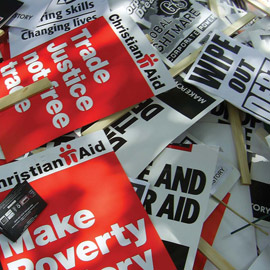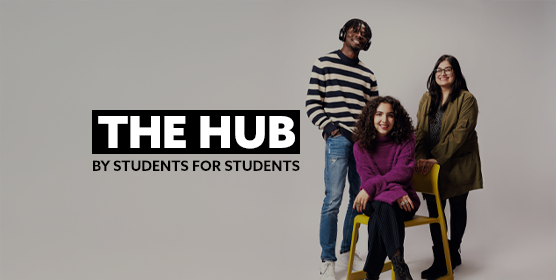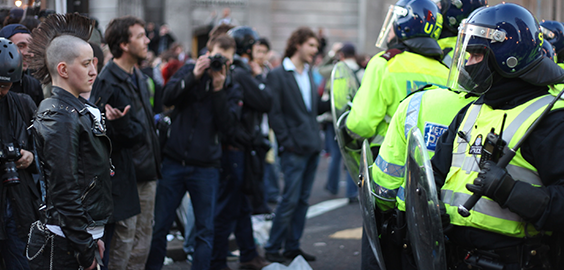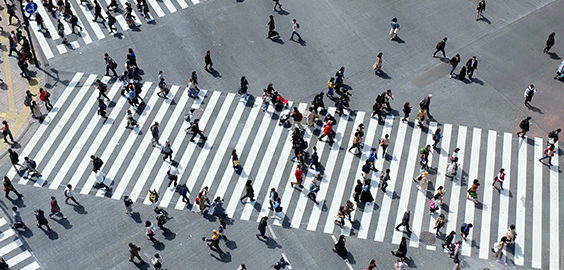Sociology has, in recent years, grappled with the social nature of the body, showing that the examination of bodies belongs as much to sociology as to the biomedical and natural sciences. On this module you will learn about how social worlds shape bodies and bodies shape social worlds. You will critically and creatively examine the body in ways that allow you to engage with and develop rich sociological understandings about how social worlds, and the web of relations that create them, shape the ways people live in and manage human bodies.
You will look at how social worlds stratified by intersecting differences and inequalities of ‘race’, gender, class, disability, health, age, and sexuality inform how bodies come to ‘matter’ and how bodies get ranked along lines of appearance, fitness, form, and ability. You will explore the social worlds - the relational and discursive spaces (such the media, schools and workspaces, gyms, beauty therapists, toilets, and care settings) - that shape how bodies get used, styled, scrutinised, policed, or catered to, and ask how social worlds create possibilities for different bodily performances and practices as they establish differing conventions of bodily comportment, appearance, productiveness, affect and style. You will be supported to engage in theoretical discussions about how people ‘live’ with, in, and as bodies as sites of action, expression, and feeling at the same time as bodies are sites of medical, legal, cultural, and social regulation.
A core theme that you will address across the module, linked to discussions of inequalities, differences, and the regulation of diverse embodiments, is the intimate politics and practices associated with the social shaping of bodies, asking how bodies matter, which bodies thrive and flourish, and which bodies feel the weight of an uncaring social world. An additional thread throughout the module will be how media images and representations of bodies, and their currency in everyday interactions, influence - but do not necessarily always determine - our understanding of them and their diversity within social worlds.
More information
 Option for Placement Year
Option for Placement Year Option for Study Abroad
Option for Study Abroad















